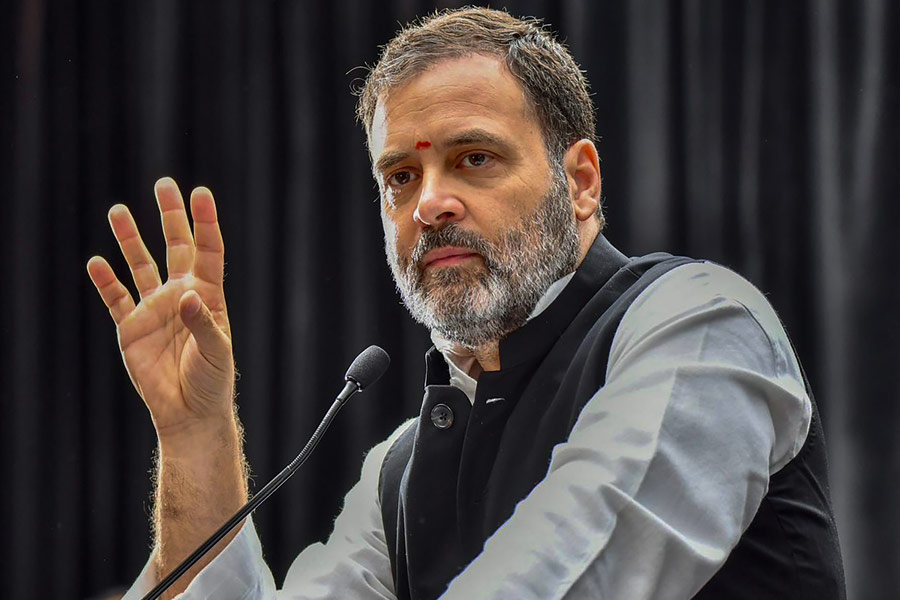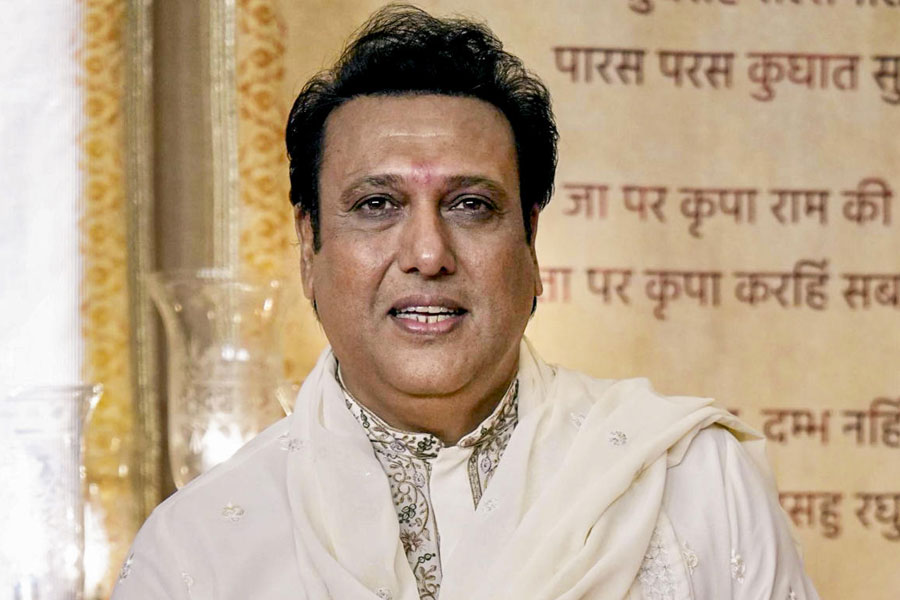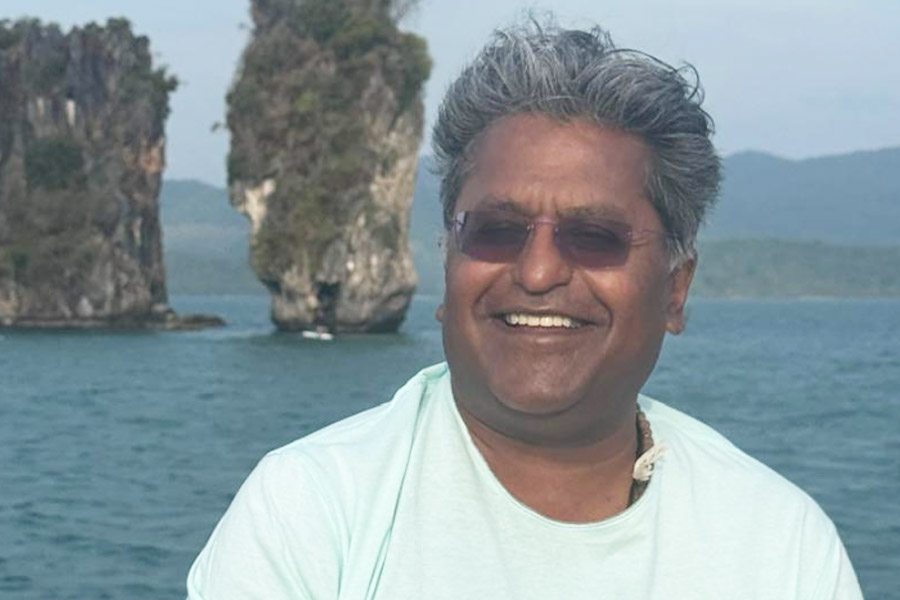BJP MLA Purnesh Modi, the complainant in the defamation case against Rahul Gandhi, has filed a caveat in the Supreme Court seeking that he be heard if the Congress leader moves a plea challenging the high court verdict refusing to stay his conviction in the Modi surname remark case.
A single judge bench of the Gujarat High Court had on July 7 dismissed Gandhi's plea seeking a stay on his conviction in the defamation case.
According to the apex court website, Purnesh Modi filed the caveat on the same day in the top court through his lawyer P S Sudheer.
A caveat is filed in an appellate court by a litigant seeking an opportunity of being heard if any order is passed on the appeal of an opponent challenging the order or judgement of the court below.
In a setback to 53-year-old Gandhi, Justice Hemant Prachchhak of the high court had dismissed the appeal of Gandhi saying "it is now the need of the hour to have purity in politics”.
It also noted that the representatives of people should be "men of clear antecedent" and that a stay on conviction is not a rule, but an exception resorted to only in rare cases and there was no reasonable ground to stay his conviction.
A stay on Gandhi's conviction would have paved the way for his reinstatement as a Lok Sabha MP.
The Congress later said it will move the Supreme Court against the verdict and alleged that the government is finding "newer techniques" to throttle his voice as it is rattled by him speaking the truth.
Purnesh Modi, a former minister in the Gujarat government, had filed a criminal defamation case in 2019 against Gandhi over his "How come all thieves have Modi as the common surname?" remark made during an election rally at Kolar in Karnataka on April 13, 2019.
A metropolitan magistrate's court in Surat on March 23 this year sentenced the former Congress president to two years in jail after convicting him under Indian Penal Code (IPC) sections 499 and 500 (criminal defamation).
Following the verdict, Gandhi, elected to the Lok Sabha from Wayanad in Kerala in 2019, was disqualified as a Member of Parliament under the provisions of the Representation of the People Act.
Gandhi then challenged the order in a sessions court in Surat along with an application seeking a stay to the conviction. While granting him bail, the sessions court on April 20 refused to stay the conviction, following which, he had knocked the doors of high court.
Except for the headline, this story has not been edited by The Telegraph Online staff and has been published from a syndicated feed.











